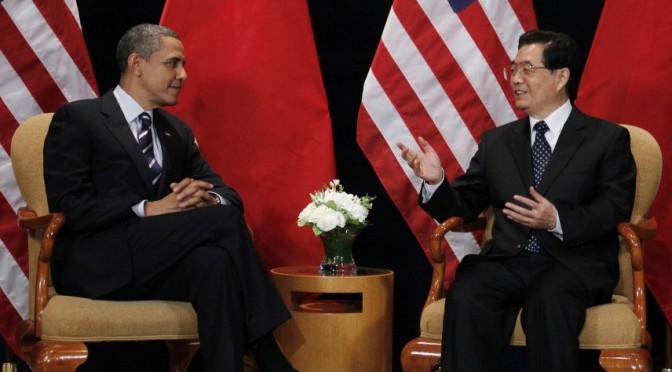Guest post for Chinese Military Strategy Week by Peter Marino
In May of this year, the PLA released its most expansive defense White Paper ever. Having now firmly left in the past the original missions of the PLA simply to defend the Chinese mainland, the paper imagines a solidly regional, and even global, role for its armed forces to protect Chinese vital interests in economics and politics. This has understandably put additional pressure on US and Western defense planners to review their own strategic postures towards China and reassess how they intend to position themselves against it, as the post-First Cold War international architecture breaks down and a Second Cold War seems to be coming into focus. Squarely in the middle of any reassessment of U.S. strategic posture towards China would undoubtedly be Taiwan policy. Should the US hold to its commitments under the 1979 Taiwan Relations act? Should it strengthen these commitments? Or should it abandon them altogether? China specialists across the spectrum are weighing in. Today, I take a moment to review one such proposal, by Professor Charles Glaser of the Elliott School.1
https://www.youtube.com/watch?v=7fzvxS4R0sw
[1] Charles L. Glaser. “A U.S.-China Grand Bargain? The Hard Choice between Military Competition and Accommodation.” International Relations 39, No. 4, Spring 2015, 49-90.
Peter Marino holds an MSc in Global Politics from The London School of Economics and is a graduate of Norwich University. He lived in Shanghai from 2003 to 2008 and served as head of China development for London-based Aurigon, Ltd. He founded and sold Quaternion, a political risk startup, and is currently establishing a new Think Tank for International Affairs aimed at promoting engagement with the “Millennial Generation.” He also produces Globalogues, a video blog with commentary on global politics and economics. The views expressed in this article are his own.

